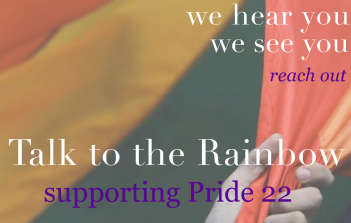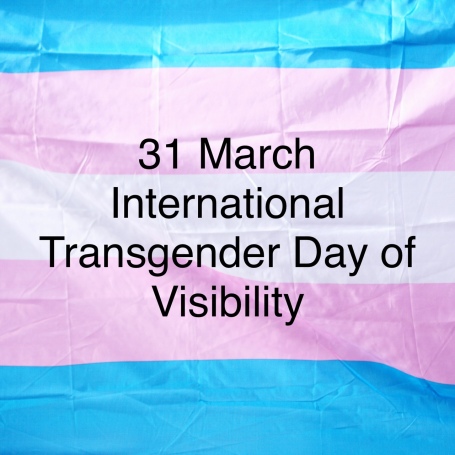
LGBTQ+ News and views
International Transgender Day of Visibility

The 31stMarch is International Transgender Day of Visibility. We are proud to support our transgender colleagues, friends, and clients. It is an opportunity for each one of us to show our support of the trans community.
In our blog of 20 November on the Transgender Day of Remembrance, we honoured transgender people who have suffered. The International Transgender Day of Visibility focuses more on celebrating the achievements and contributions of transgender people across the world while also raising awareness of the discrimination they still face in many walks of life. Some of the more political and visible achievements can be seen on this page from OPENLY.
But there is still a long way to go to achieve full recognition and justice for transgender people, whether it is in the workplace, at home or in the socio-political arena and many aspects of the journey are being debated.
One example of this was in the Census 2021 for England & Wales. As we noted in our last blog, for the first time the Census included voluntary questions on sexual orientation and gender identity, and we encouraged all LGBTQ+ people to be #ProudToBeCounted. However, that aspect of the Census was fiercely debated by the transgender community with some saying it was a step in the right direction and others feeling strongly that the way the question was posed felt like it was a double edge sword as it was asking trans people to out themselves. Others felt angry and undervalued that the guidance on the sex question ‘what is your sex?’, was changed to delete the word passport as a reference document as follows: ‘If you are considering how to answer, use the sex recorded on one of your legal documents such as your birth certificate or Gender Recognition Certificate or passport’. This change to the guidance was made as a result of the campaign Fair Play for Women which had argued that the question allowed ‘self-identification through the back door’ in view of the fact that a person’s sex on a passport can be altered without a formal legal process. This change in the guidance meant that many transgender people felt that these questions and the guidance given in the Census deeply ignored their reality.
But today, we want to reach out to people who are on the transgender journey. We congratulate you for your courage! We will support your reality and who you want to be through our therapy and counselling services.

